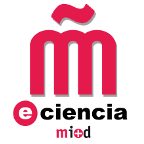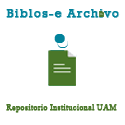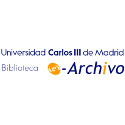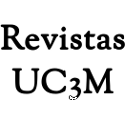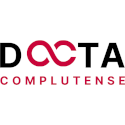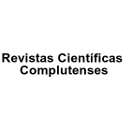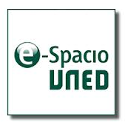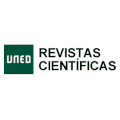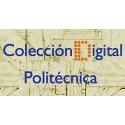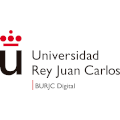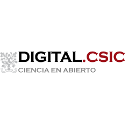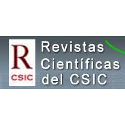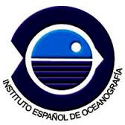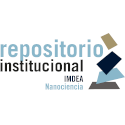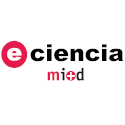INVESTIGAM – Open Science Web Site

InvestigaM, the open science portal run by Consorcio Madroño, is meant to disseminate the results of the research activities which are carried out at its member and associate institutions, including both publications and research data. It is operated under the framework of the commitment by Consorcio Madroño and its member universities to Open Access and Open Science.
e-cienciaDatos
e-cienciaDatos is a multidisciplinary data repository which hosts the scientific datasets of researchers from the public universities in the Autonomous Region of Madrid and the UNED, members of Consorcio Madroño, in order to increase the visibility of those data, ensure their preservation, provide access to them and facilitate their reuse. e-cienciaDatos has a preservation plan and the certification CoreTrustSeal.
e-cienciaDatos offers the service of depositing and publishing datasets, assigning a digital object ID, or DOI, to each of them. Associating a dataset with a DOI makes it possible to perform the dataset’s verification, dissemination, reuse, impact and access in the long term.
Moreover, the repository provides a standardised citation for each dataset, which contains enough information to identify the dataset and locate it, including the DOI.
The data are stored under open access, unless there are legal, ethical or technology transfer-related reasons which make it impossible to do so. Making these data open leads to definite advantages, which include:
- Promoting transparency and integrity in research.
- Reuse of the data, which creates incentives for new scientific research.
- A return on the investments made by public entities on research.
- The integration of data into networks of repositories at the international level.
Similarly, researchers enjoy advantages when depositing their research data in e-cienciaDatos:
- Complying with the open access requirements on research data which are promoted or required by research financing entities (such as the European Union’s program Horizon 2020).
- Many publishers request that datasets be accessible in order to support the publication’s research outcomes.
- Increasing the visibility and impact of research and researchers, because each dataset placed on deposit can be cited and will have a DOI assigned to it, thereby ensuring that the authors can receive acknowledgement and credit for the impact of their data.
- Reciprocally linking the publication and the data which support the research.
- Associating the researcher’s ORCID with the dataset.
e-cienciaDatos Politics and usage and deposit licenses are online.
Mission
As stated in the Strategic Plan 2021-2025, the mission of Consorcio Madroño is “To provide an information infrastructure that promotes research excellence in member institutions, contributing to the development of Open Science, digital transformation and sustainable development, and improving the experience of its users through the services provided by the Consortium.”
The mission of e-cienciaDatos, as a infrastructure provided by Consorcio Madroño, is to ensure, in the context of Open Science, the deposit, preservation and dissemination of the research data generated by its partner institutions according to the FAIR (Findable, Accessible, Interoperable and Reusable) principles, thus fostering open research to the academic community and, in a broader sense, to the citizens.
e-cienciaDatos’ mission has been approved by Consorcio Madroño Governing Board on 22th February, 2022.
e-ciencia
e-ciencia, is a project that forms part of the programme for inter-library cooperation between the Region of Madrid and the Consorcio Madroño to create an open, freely accessible digital platform for scientific production in the Region of Madrid.
Via this platform, the Region of Madrid and the Consorcio Madroño are able to offer the scientific community a tool that will help them discover knowledge and transfer it to society.
The e-ciencia project recognises the benefits for society of access to scientific information so follows the principles of the Berlin Declaration and, together with many other initiatives all over the world, is applying these principles with the aim of building a universal area for open access to knowledge.
The project is open to any interested institution and to independent researchers. In addition to the institutional repositories and the search engine that standardises access to them, a non-institutional, free repository is to be created for use by the scientific community. The following repositories currently form part of the e-ciencia project.


